Weathering the Storm: Building Start-Up Companies in Economic Uncertainty
By: Gregg Warren, IVOX
Introduction
It’s no secret that we are facing tough financial times in a bare-bones economy. And further, many start-up companies from all industries are feeling the added weight on their shoulders from just trying to get by. As a person who one day hopes to have your own start-up, or are currently running one, you may be thinking to yourself, “Is it worth it in this economy?” I’m here to tell you that it is more than worth it to stick with your start-up (or hopes for a start-up), especially during these economic times.
Challenges and Trends in Managing Start-Up Companies
As mentioned before, the tough economy is taking its toll on start-ups in Atlanta and across the country. My company, like other technology start-up companies, is weathering a period of uncertainty. In such circumstances, it is difficult to anticipate business growth needs. Every penny must be accounted for and allocation of resources must be highly strategic. Unfortunately, for some companies this means holding off on bonuses for highly deserving employees or asking team members to take on responsibilities outside of their job titles. In worst case scenarios, development and expansion of your company and product services are thwarted. Weathering the economic storm is not simple, but there are certain actions to take to help the whole company get through these times.
A major part of any company (but especially a start-up) is to make sure that you have the right team in place and that your company culture lends itself to ideation as well as growth. No matter if you choose to have a highly structured organization or a jeans and flip-flops environment, find talent that will grow and prosper within your respective start-ups’ settings. A great practice to instate is to incorporate team events into everyday processes. This is a great way to connect your team members that might not interact on a regular basis. And often, employees discover new talents by working with others that can help develop strengths. These practices should all be a part of ongoing employee education and professional development. Additionally, do not typecast your employees. As they grow and contribute to your company, let them move into different roles that will develop their leadership skills.
Overcoming the Challenges of Managing a Start-Up
In the midst of a crisis, it’s often hard to see the reality of the situation. As you know, our economy is cyclical in nature. Consequently, this cycle always has huge impacts on business – forcing many into financial distress. The important thing to remember is that financial crisis does not mean defeat. Start-ups have the benefit over larger, more established companies, as they can be agile and properly adjust to periods of economic downturn, and in the end, often emerge stronger.
While your start-up is facing tough times, it may seem logical to decrease your team members. However, keep in mind that short-term cuts can work in a pinch but think about your company’s long-term objectives. Surprisingly, keeping employees can actually help build a more stable public image with existing and potential customers. An alternative could be to decrease hours, or move full-time employees to contract work.
Additionally, in tough times, I’ve witnessed many start-ups close the door on open communication with their employees. Many company leaders reason that it’s better to keep difficult company situations under wraps in order to keep employee morale up (Read: ignorance is bliss). The truth is employees know the business better than anyone. Make them an integral part of the decision-making whenever possible. By creating an open forum on issues, your staff feels empowered as well as secure. In managing IVOX, I request consultation time from team members in order to come up with well-rounded solutions to the challenges that the company faces. I can honestly say that we successfully maneuvered our way through many obstacles and have become a much stronger company for it.
Periods of difficulty are great times to take inventory of your product offerings and services. You may find areas in which you can streamline your processes, making your products even smarter. For example, IVOX’s customers come from the trucking, fleet management and insurance industries. Therefore, it is important to provide cost-effective solutions that add value and help them better manage their businesses in these times of rising fuel costs. Facing an economic downturn, the IVOX team reexamined one of our own initiatives and made strategic adjustments and additions to satiate our customers’ needs with DriverScoregrn. This product emerged from an existing product, DriverScore, and helps customers estimate and save on fuel costs while making greener choices.
Forecasting Atlanta’s Future
Atlanta is a city that is quickly emerging as a key player in the technology start-up arena. Additionally, Atlanta is home to several burgeoning companies that are making waves in a variety of industries. With world-class universities at our doorstep, Atlanta companies have a vast talent pool to fish from. As the economy begins to stabilize, local start-up companies will play a major role in boosting the city’s economy by providing jobs and securing a sunny economic outlook for Atlanta and beyond.
Lastly, stay the course. Entrepreneurs begin a company because of a vision and a passion for a particular industry. During economic downtimes, focus on the reasons that ignited your business. Find the passion from the early days and re-focus; double down to finish what you’ve started. If your passion is felt throughout your employees, they will continue to drive your vision and grow the company.
Gregg Warren is the President and Chief Executive Officer of IVOX, an information services provider of predictive, driver-based information for Driver Risk Management. For more information, visit www.ivoxdata.com.

























